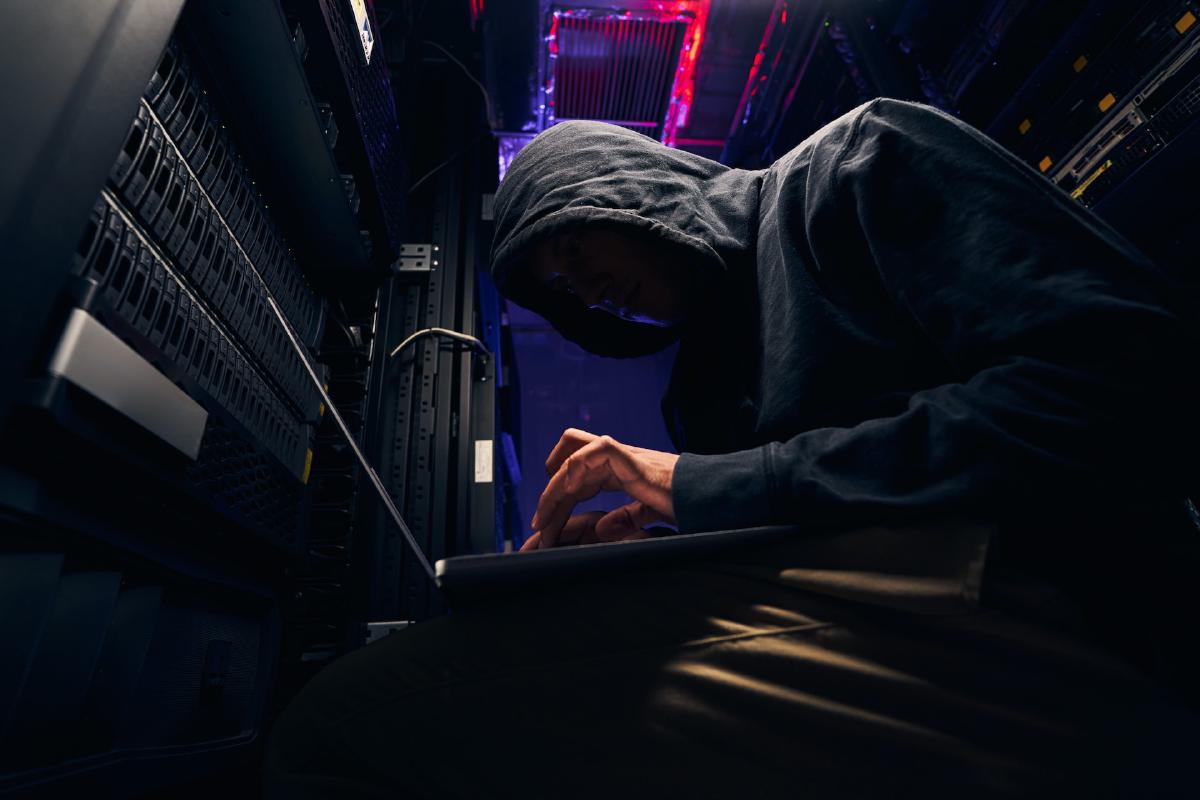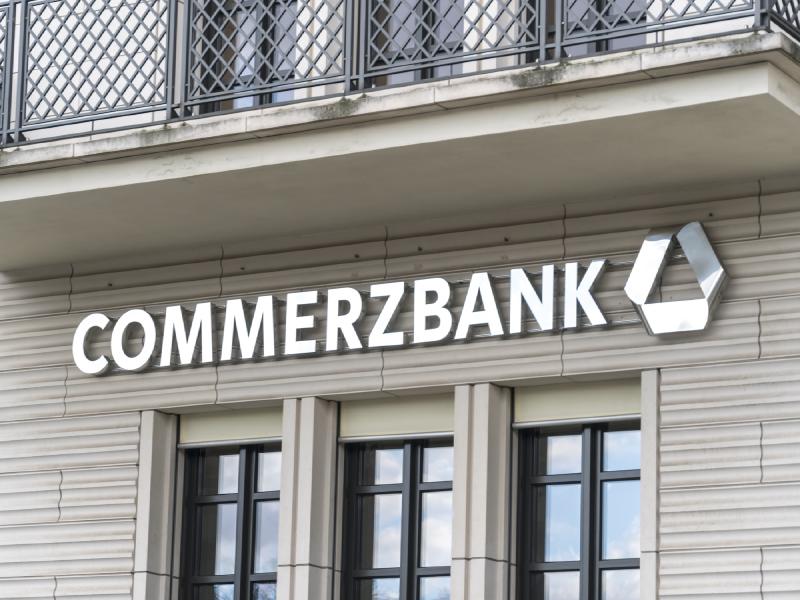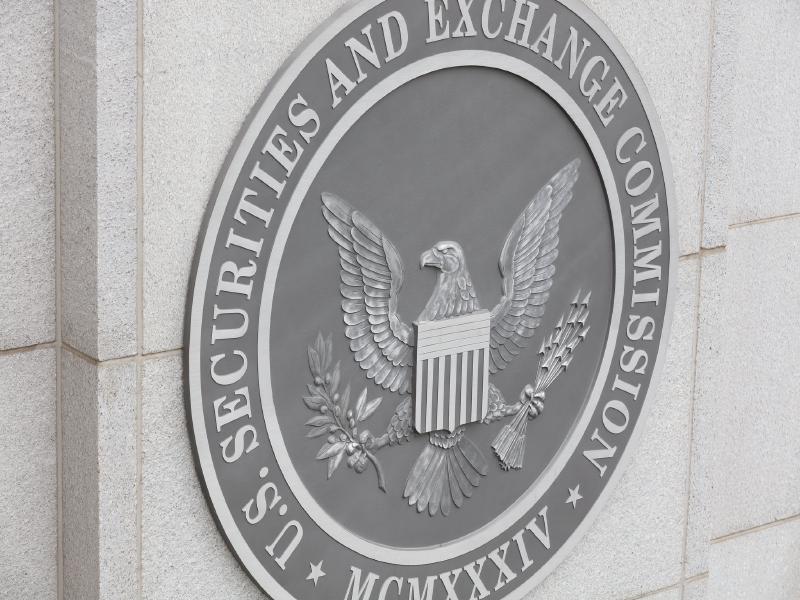
In a significant breach of cryptocurrency security, Poloniex, a well-known crypto exchange, confirmed a major hack in November 2023. Hackers managed to siphon over $120 million in various cryptocurrencies, including Bitcoin, Ethereum, XRP, and Tron, due to a compromised private key. This incident adds to the growing list of high-profile cryptocurrency exchange hacks, raising fresh concerns about the safety of digital assets.
A substantial amount of different cryptocurrencies were lost, including 3.1 million XRP and 577 billion Shiba Inu tokens. In response, Poloniex, owned by crypto entrepreneur Justin Sun, has assured that it will reimburse affected users and is offering a 5% bounty to the hacker for the return of the stolen funds.
Cryptocurrency exchange hacks are not a new phenomenon. The industry loses over $3 billion annually to these hacks, with some figures suggesting a staggering $14 billion worldwide. There’s been a 79% increase in large-scale hacks since 2021, indicating an escalating trend in cyber threats against crypto assets. Notably, blockchain bridges, which are integral to transferring assets across different blockchains, are particularly vulnerable, accounting for 70% of these large-scale hacks.
The first notable hack in the crypto world was in 2014 at the Mt. Gox exchange in Japan, resulting in a loss of $450 million. Since then, over 100 high-volume hacks have been recorded worldwide, affecting nearly every crypto investor. The largest of these was the Ronin Network hack, resulting in a loss of $625 million.
The response to these hacks varies. In 2014, Poloniex managed to reimburse 100% of affected customers following a hack that stole 97 BTC. Other exchanges, like Zaif, also refunded their users in the stolen cryptocurrencies or equivalent fiat currencies. However, not all exchanges have been as fortunate. Cryptopia, after a significant hack, filed for bankruptcy, facing challenges in fund recovery. DragonEx compensated users with a mix of original currencies and their proprietary Dragon Bond tokens after a hack in 2020.
The recent Poloniex hack underscores the persistent and evolving risks in the cryptocurrency market. While exchanges have shown resilience and resourcefulness in responding to these incidents, the increasing frequency and scale of hacks highlight the need for enhanced security measures and regulatory frameworks. As the crypto market continues to grow, ensuring the safety of digital assets remains a paramount concern for investors and exchanges alike.






